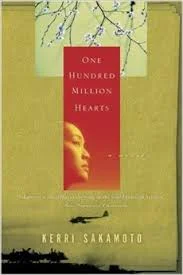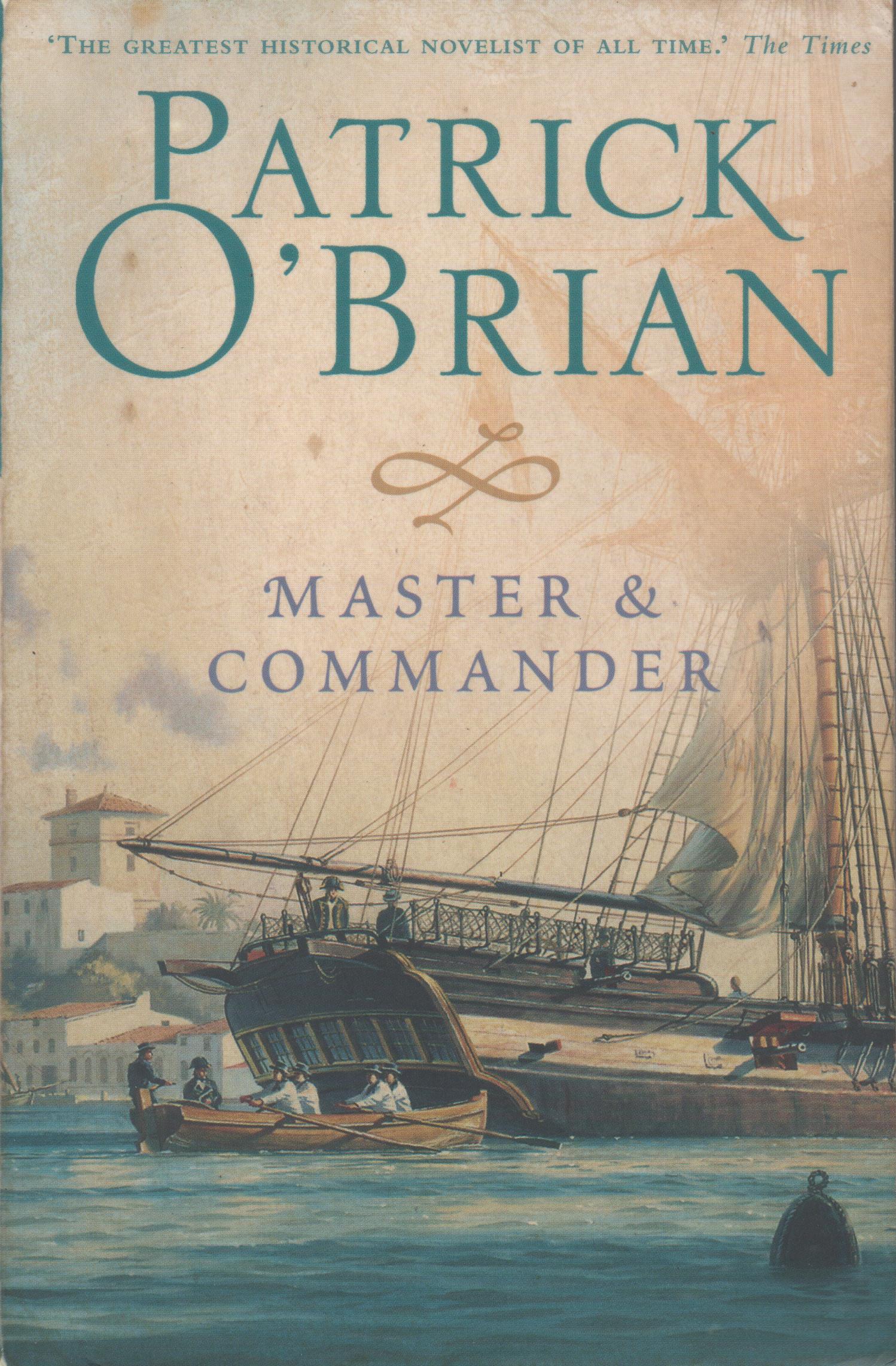Kerri Sakomoto’s “ONE HUNDRED MILLION HEARTS”
Book review by Dennis D. McDonald
This novel tells the story of a young Canadian woman who, following the death of her Japanese father, returns to Japan to discover the secrets of their heritage. She finds her father had trained as a Kamikaze pilot during World War II but, to his shame, did not die a glorious death. After the war he returned to Canada where he raised his crippled daughter, never revealing his past.
In Japan the young woman meets her half sister, an artist, who is obsessed with the events surrounding her father’s role in the war. They travel in Japan and we become caught up in family relationships and family history that are intertwined with contemporary Japan’s still-resonating memories of World War II.
The novel starts out with a deceptively small number of characters and a seemingly simple plot, but with the mystery of the father’s past. The story becomes more complex as it proceeds and as more characters appear, as more historical plot lines evolve, and as more themes dealing with World War II Japanese culture and events unfold.
Most appealing to me is the author’s detailed observations about subtle and nuanced human expressions, feelings, and relationships. I don’t usually read books that present controlled emotions and feelings is such a detailed fashion. Thankfully, the author’s skill keeps the story from lapsing into melodrama.
Perhaps what I found most interesting was how the author weaves together the girl’s search for her father’s past with increasingly detailed revelations about Japanese culture and how the War still reverberates. This is an area about which I am completely ignorant, yet what I read here has a ring of truth.
Here’s an example of the author’s writing:
On thing she knew: there was nothing special, good or bad, about the Japanese. They were people, and it was war. There was something small, slight, occasional but monstrous all the same in everyone. It was carried by each child coming into this world: a hard nut of cruelty, a callus on the heart that either grew bigger or stayed child-sized, but never disappeared. It was the same with kindness; it could grow or wither.
I found myself reading numerous passages like this. Sometimes it was just a brief description of a subtle action, or sometimes an observation of an object seen in passing.
I enjoyed this book. It is touching, educational, sensitive, and very moving.


